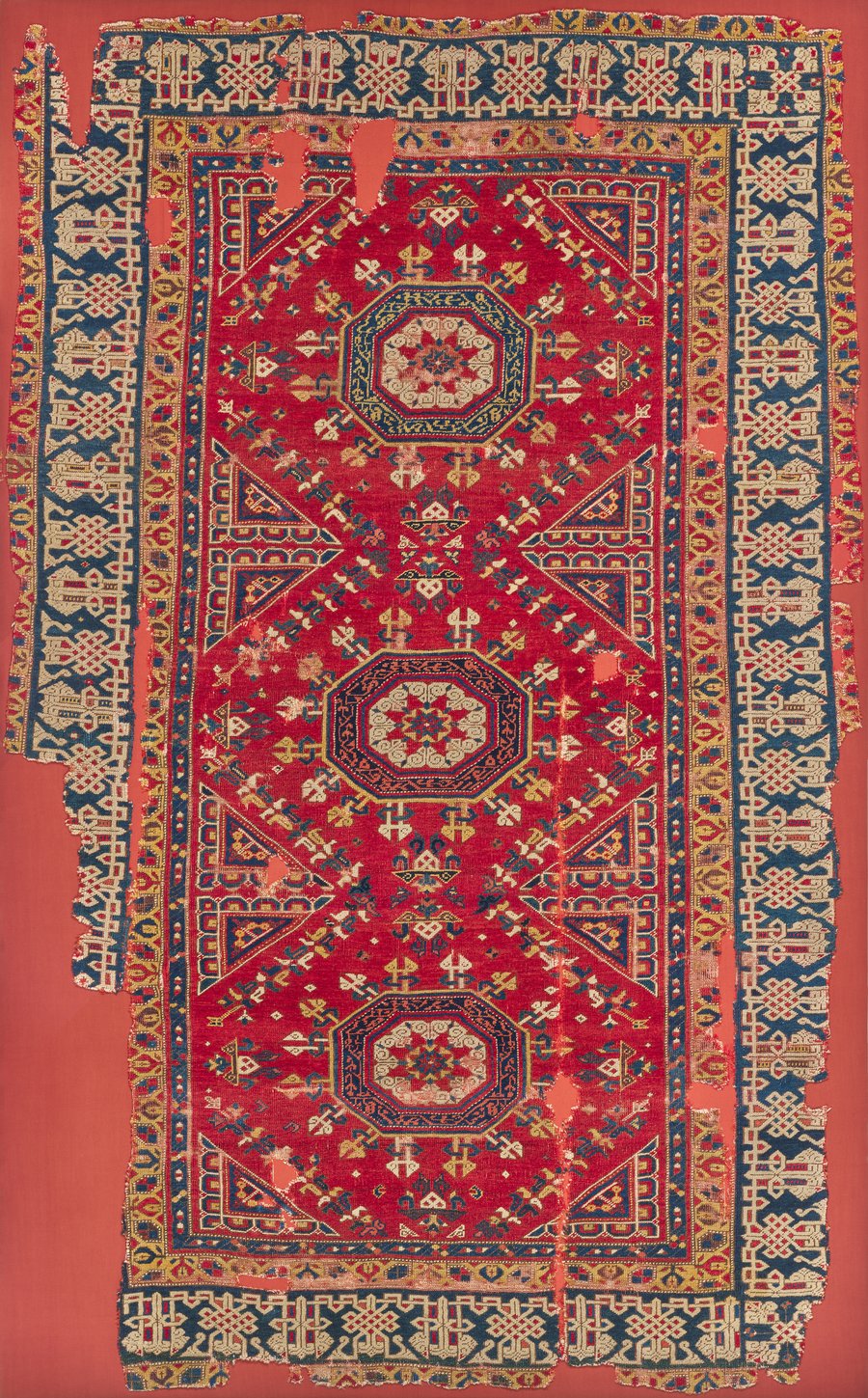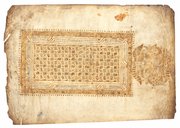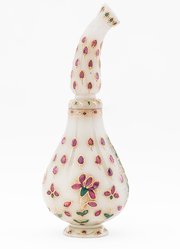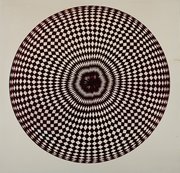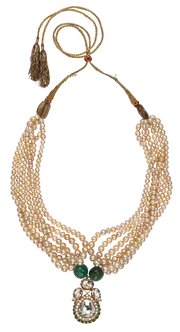
"Holbein" Carpet
Museum of Islamic Art
- Title:
- "Holbein" Carpet
- Production place:
- Anatolia
- Date:
- 1460 - 1461
- Period:
- Ottoman
- Title:
- "Holbein" Carpet
- Production place:
- Anatolia
- Date:
- 1460 - 1461
- Period:
- Ottoman
- Material:
- Wool
- Technique:
- Weaving
- Dimensions:
- 289.5 × 179 cm
This rug is known as the 'Holbein' carpet, named after a famous portrait by the German artist Hans Holbien the Younger (902-1002 AH/1497-1593 CE) that depicts a similar carpet draped over a table. These Anatolian carpets all bear a similar, identifiable geometric pattern, which vary in arrangement of lozenges, crosses and octagonal motifs. Irrespective of decorative differences, these carpets were woven in Anatolia as early as the 8th century AH/14th century CE, and became popular in Europe from the 9th century AH/15th century CE onwards. This particular example has three large octagonal medallions stacked vertically, with a 'star' like pattern in the centre surrounded by bands of geometric lozenges. Each octagon sits within a square, which is framed by four borders of varying width, pattern and alternating colour (yellow and deep blue).
